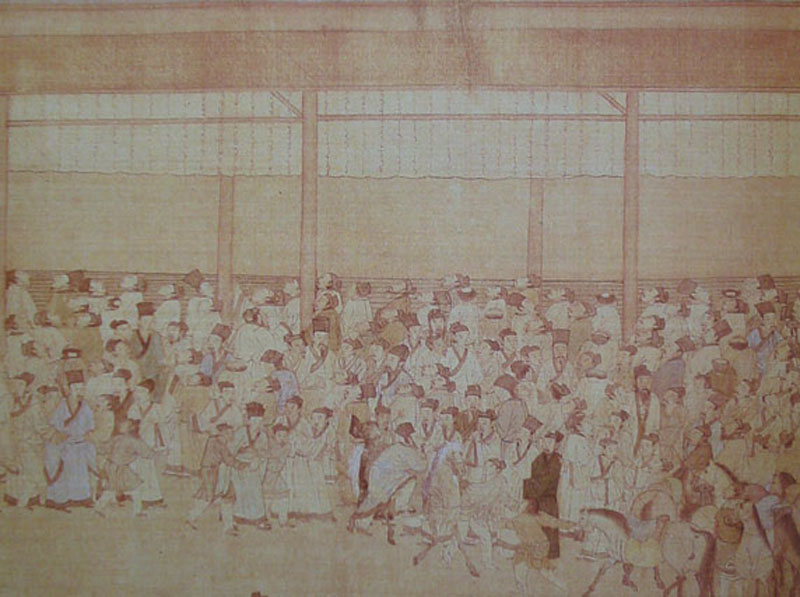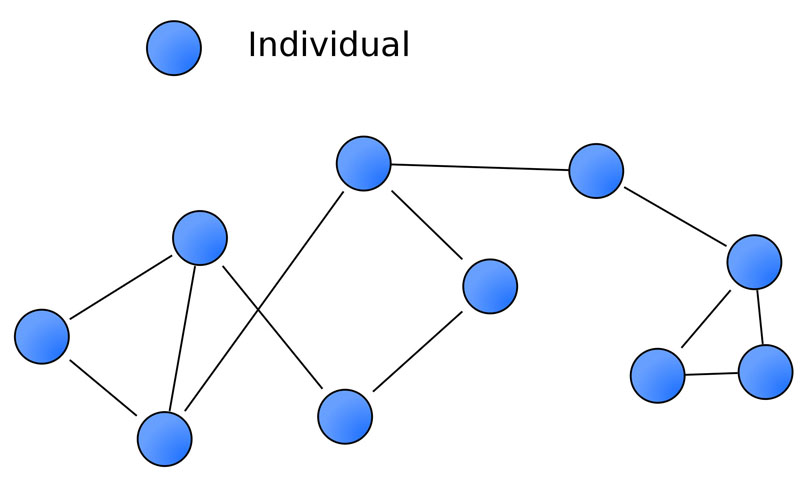Social Groups and Organization
- A social group within social sciences has been defined as two or more people who interact with one another, share similar characteristics, and collectively have a sense of unity.
- A peer group is both a social group and a primary group of people who have similar interests, age, background, or social status. The members of this group are likely to influence the person's beliefs and behavior.
- An ingroup is a social group to which a person psychologically identifies as being a member.
- An outgroup is a social group with which an individual does not identify.
- A reference group is a group to which an individual or another group is compared. It is what sociologists call any group that individuals use as a standard for evaluating themselves and their own behavior.
- A primary group is a small social group whose members share close, personal, enduring relationships. These groups are marked by members' concern for one another, in shared activities and culture. Examples include family and childhood friends.
- People in a secondary group interact on a less personal level than in a primary group, and their relationships are temporary rather than long lasting. Since this type of group is established to perform functions, people's roles are more interchangeable.
- The Gemeinschaft-Gesellschaft dichotomy was used by Max Weber to accentuate the key elements of a historic/social change. Social ties can be categorized, on one hand, as belonging to personal social interactions or, on the other hand, as belonging to indirect interactions, impersonal roles, and formal values.
- A social network is a social structure made up of a set of social actors (such as individuals or organizations) and a set of the dyadic ties between these actors.
- An organization is an entity comprising multiple people, such as an institution or an association, that has a collective goal and is linked to an external environment
- A bureaucracy is the administrative system governing any large institution.
- The iron law of oligarchy is a political theory which claims that rule by an elite is inevitable as an iron law within any democratic organization as part of the tactical and technical necessities of organization.

Students competed in imperial examinations to receive a position in the bureaucracy of ancient China.


